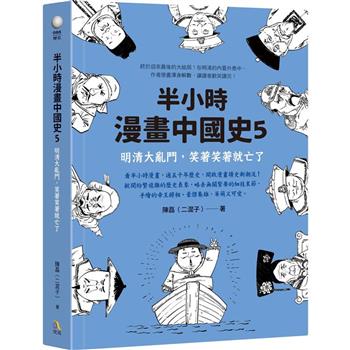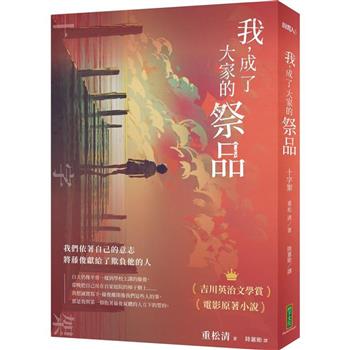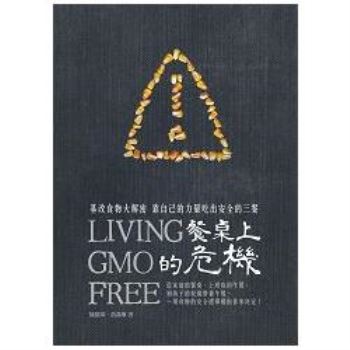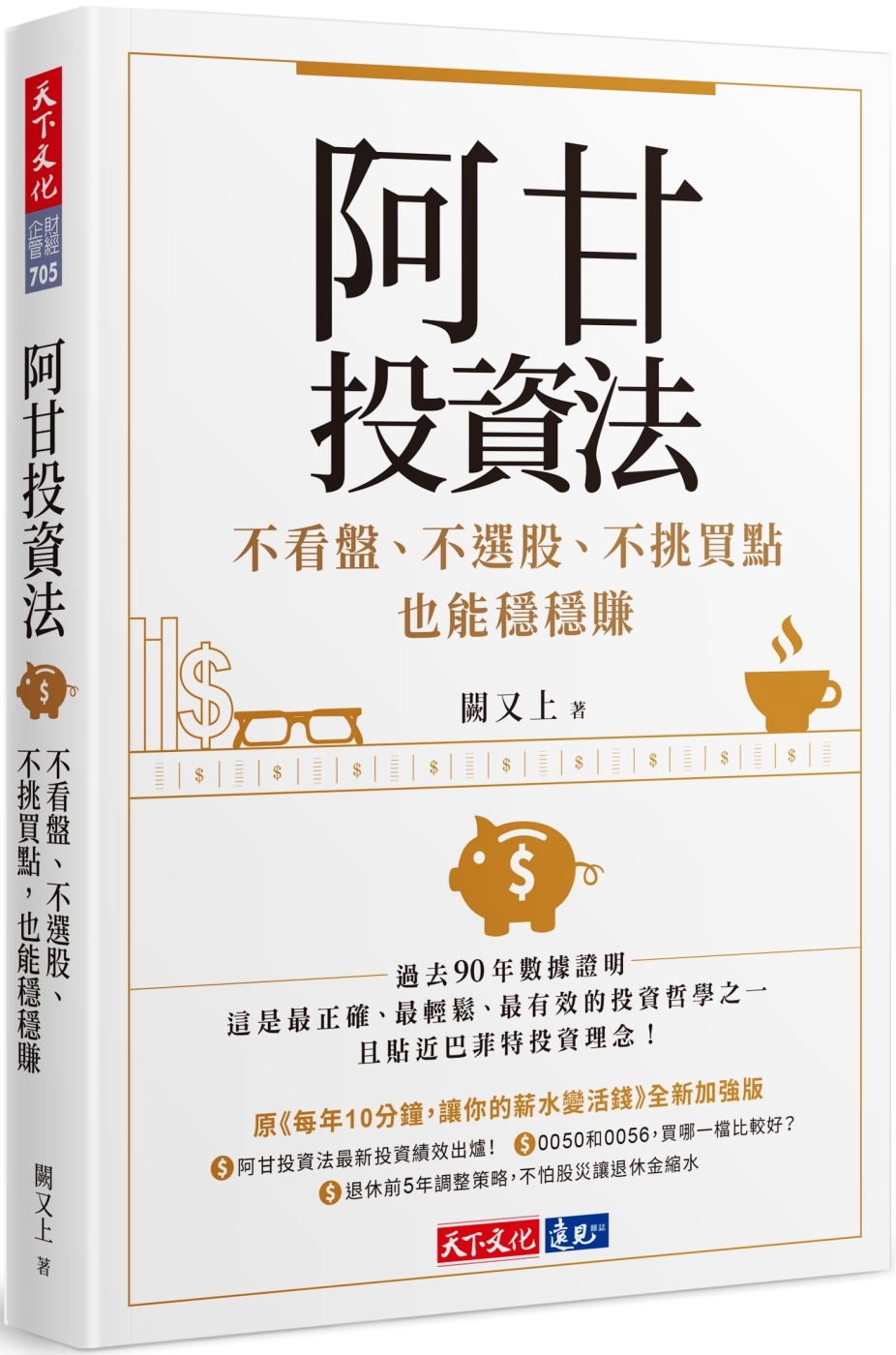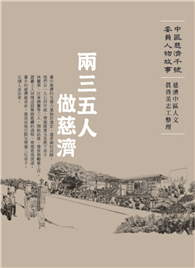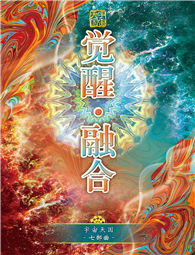Certainty is not what it used to be. Our ancestors had the certainty of their gods, myths and rituals, then of one God, his purposes and the orderliness of all that he had created. The Enlightenment promised a world freed from the lore of the past by the power of human reason; the industrial age, a world endlessly made better by the force of Progress. Few such absolute certainties survive in the twenty-first century and yet, it seems, we cannot resist the urge to cling on to the old ones, or to fabricate new ones.
Why is this so? Certainty, that thing of indefinite approximation pieces together answers from an original and sometimes startling mix of sources, ranging from religious and philosophical texts to memoir, fiction and popular science. While acknowledging the truth of Jean-Paul Sartre’s observation that many of us prefer to be ’massive and impenetrable’ because we fear uncertainty, the essay concludes by suggesting that we would live better with ourselves, and with each other, if we could learn to tolerate John Keats’s notion of ’being in uncertainties’.| FindBook |
有 1 項符合
Certainty, that thing of indefinite approximation: a quest through lives and literatures的圖書 |
 |
Certainty, that thing of indefinite approximation: a quest through lives and literatures 作者:Wilkinson 出版社:Geoffrey M. Wilkinson 出版日期:2024-10-14 語言:英文 規格:平裝 / 254頁 / 23.39 x 15.6 x 1.35 cm / 普通級/ 初版 |
| 圖書館借閱 |
| 國家圖書館 | 全國圖書書目資訊網 | 國立公共資訊圖書館 | 電子書服務平台 | MetaCat 跨館整合查詢 |
| 臺北市立圖書館 | 新北市立圖書館 | 基隆市公共圖書館 | 桃園市立圖書館 | 新竹縣公共圖書館 |
| 苗栗縣立圖書館 | 臺中市立圖書館 | 彰化縣公共圖書館 | 南投縣文化局 | 雲林縣公共圖書館 |
| 嘉義縣圖書館 | 臺南市立圖書館 | 高雄市立圖書館 | 屏東縣公共圖書館 | 宜蘭縣公共圖書館 |
| 花蓮縣文化局 | 臺東縣文化處 |
|
|
圖書介紹 - 資料來源:博客來 評分:
圖書名稱:Certainty, that thing of indefinite approximation: a quest through lives and literatures
|
